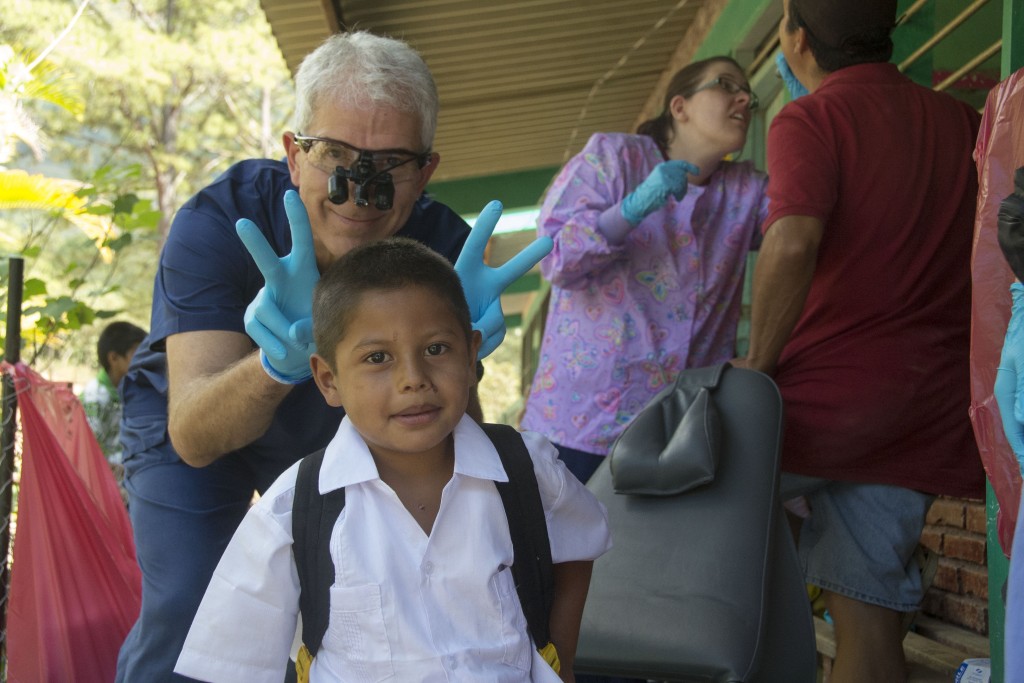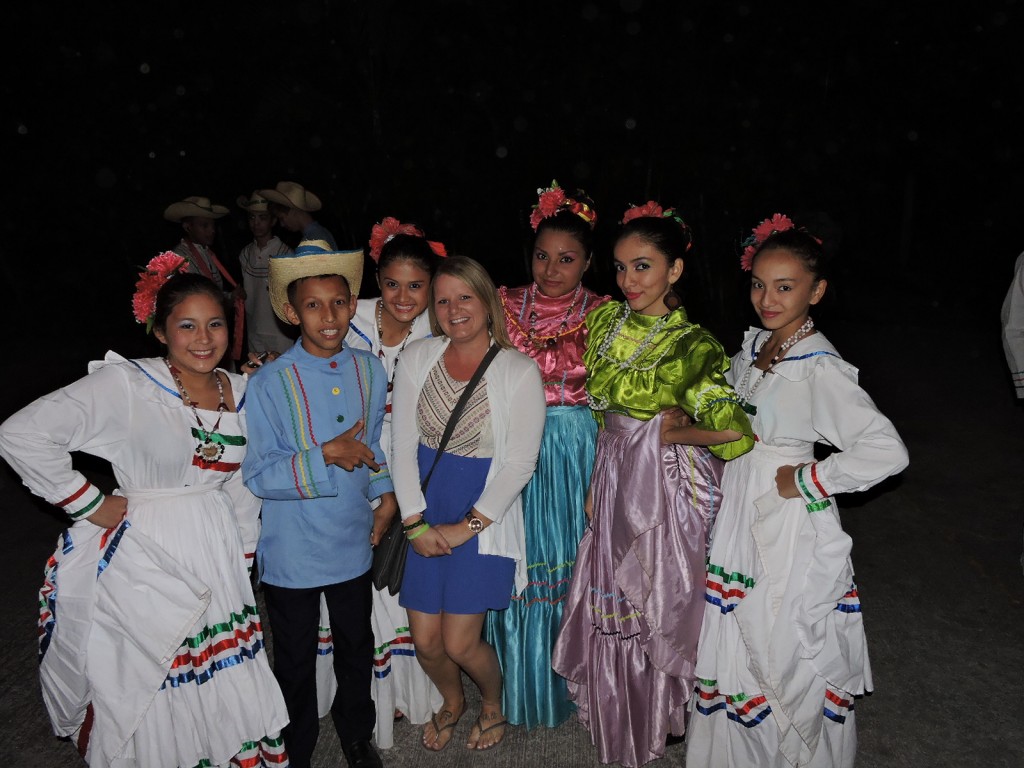- Do not drink any water unless its bottled or has been certified as ‘purified’ (usually found in restaurants).
- Always use the buddy system. No one goes out alone – absolutely NO ONE! It is strongly recommended you have a native Honduran along with you if you are not with the large group.
- Do not buy or eat any produce from local vendors, no matter how good/fresh it looks.
- We will be taking bus transportation to and from the Lion’s Club compound; you must be ready to leave the hotel at 7:15 AM each morning, or as specified under special circumstances.
- If you know Spanish, give it a try! They really do appreciate your attempt to fit in with their culture, even if its just ‘Hola’ or ‘Buenos Dias’.
- Be flexible! Times, places, and events are all subject to change at any given time. Let go of your Americanism and go with the flow… you will have a lot more fun!
- Important daily announcements will be given at breakfast each morning we are in Comayagua – be there!!!
- Keep one copy of your passport on your person at all times, as well as one copy in your luggage in the hotel room.
- The hotel does have security (on-site guards, gates, and a safe in each room). The hotel also has WiFi but it has iffy connectivity.
- Any questions or concerns should be directed to Tom or Steve.
A Day in the Life of a Dental Missionary
As I woke up in a bit of a daze from the earlier day of travel, I had that first feeling of “where am I” when I looked around the room that my host family had provided. I looked at the clock to see that it was only a bit past 3 AM in Honduras and yet the roosters were crowing and dogs were barking like dawn was breaking. Of course, then I just stayed in bed with my eyes wide open excitedly awaiting the activities which would occur for the rest of the day.
 Six AM finally came and I got up to take my COLD shower and get ready to greet some 70 or so children from one of the local orphanages. (did I tell you I LOVE kids?) Driving through the pothole-filled roads to the health compound I found myself daydreaming about the relationships I was soon to make and the potential impact that our team would make in the small village that we were serving. (as well as conjugating all of the Spanish verbs that I could think of)
Six AM finally came and I got up to take my COLD shower and get ready to greet some 70 or so children from one of the local orphanages. (did I tell you I LOVE kids?) Driving through the pothole-filled roads to the health compound I found myself daydreaming about the relationships I was soon to make and the potential impact that our team would make in the small village that we were serving. (as well as conjugating all of the Spanish verbs that I could think of)
I cannot even describe the feeling that I had seeing all of those beautiful children, patiently waiting outside the clinic door and how my heart ached to realize that they would not
be going home to their parents. I was going to make a difference today. Child after child came in for treatment. They were well behaved (perhaps a little scared) and trusted the strangers because their caretakers and teachers had told them to. The hours seemed to fly by and before you knew it, it was time for dinner and time to go back with the kind people who had hosted us. We performed a lot of dentistry during that day, but I think what was more meaningful to me were the hugs of the children, the people praying for us and the thanks that we got from the caregivers of the orphans.
After a week of service in this poor community, a fiesta had been planned in appreciation for what we had done. I was emotionally drained, physically tired and yet I was filled with something that I can only describe as complete contentment and a feeling of accomplishment. For you see, I think it was the team and I who should have given the party as I had never been given so much in my life and will never be the same person again.

The Situation on the Ground
The dental health situation in many Central and South American nations can best be described as grim. Many families in rural areas earn less than $1,000 per year, which leaves little or no money for even basic dental care like toothbrushes. Although some countries have socialized health care, not everyone has access to dentists. This scenario is compounded by the practice of scraping sugar off the can and the over-consumption of sweets like lollipops. Research has shown links between oral health and overall health, so changing this situation is imperative to improving the well-being of these people.
Sonrisas is not the only organization making a difference. Sonrisas is part of a larger movement toward sustained oral health in developing nations.
“In developing countries in particular, a growing number of development organizations, private foundations and nongovernmental organizations are becoming active in the health sector.”
–World Health Organization Oral Health Strategy
Changing the dental health situation in Central and South America won’t be easy. But with your help and the help of others, steps can be made.
About Honduras: